
This content contains affiliate links. When you buy through these links, we may earn an affiliate commission.
The days are getting longer and spring is in the air. Admittedly with such a strange and unsatisfying New England winter, I have been yearning for spring for a while, so it’s a relief to finally have the weather changing and the flowers coming up. And of course there are the spring 2023 new releases in translation to look forward to! I have pored over the catalogs and galleys and highlighted some of the best spring 2023 new releases in translation, and because there is just so much to choose from, I’ve added notes for others you should seek out as well! There’s something for everyone this season, with exciting debuts, thoughtful nonfiction, stunning poetry collections, and so much more.
Readers will be particularly excited to see new titles from favorite authors like Annie Ernaux, Kim Hyesoon, and Mariana Enriquez and translators like Don Mee Choi and Megan McDowell. But I’ve included some authors new to English-language audiences as well. It seems like every year the new titles in translation become more diverse and wide-ranging, especially when it comes to country of origin and language, and it’s a joy — and increasingly a challenge — to pick from them.
Spring 2023 New Releases In Translation
On a Woman’s Madness by Astrid Roemer, translated by Lucy Scott
Published in 1982, On A Woman’s Madness is widely considered a classic of Black, queer, and feminist literature, so it is a joy to finally see it available in English in all of its power. Astrid Roemer is the first writer from Suriname to win the prestigious Dutch Literature Prize. Her propulsive novel follows Noenka, a young Black woman, after she leaves her abusive husband and moves to the capital city of Paramaribo. Roemer is ultimately interested in the question “For a woman in post-colonial Suriname, is it possible to be happy?” and she follows Noenka as she is buffeted by societal expectations and constraints alongside the the legacies of slavery and colonialism. Translator Lucy Scott brings the novel’s language to life in prose that is as lush as the jungle creeping in at the edges of the novel, as captivating as the orchids that infuse it. It is an audacious novel — as reckless and restless as its heroine strives to be. (Two Lines, February 21)
And don’t miss The Red Book of Farewells by Pirkko Saisio, translated by Mia Spangenberg (Two Lines, April 25)
Happy Stories, Mostly by Norman Erikson Pasaribu, translated by Tiffany Tsao
“Hampir, the Indonesian for almost, only a letter away from vampir — the bloodsucking demon. What does it mean to be happy? Also, what does it mean to be almost happy?…So, in a world where we celebrate disneyified heterosexualities, for queer folks what is happiness? Often, it becomes the bloodsucking demon, the vampir, the hampir.” I’ve been eagerly anticipating this collection since it was longlisted for the International Booker Prize, and now its finally coming out in the U.S. Norman Erikson Pasaribu is a queer Indonesian Toba Batak writer, and in their debut short story collection they ask what it means to be almost happy, exploring loneliness and melancholy. The emotions the stories brought out in me often caught in my throat, tearing me between sadness and the collection’s clever use of humor — the phrase “laughing to keep from crying” comes to mind. The stories and the thoughtful conversation between the author and translator included in the book have me longing for more from this pair. (Feminist Press, June 6)
And don’t miss Human Sacrifices by María Fernanda Ampuero, translated by Frances Riddle (Feminist Press, May 16)
The Book of Eve by Carmen Boullosa, translated by Samantha Schnee
I adored The Book of Anna, a strikingly original and feminist sequel to Anna Karenina, by the great Carmen Boullosa — poet, novelist, playwright, essayist, and artist — and translator Samantha Schnee, founding editor of Words Without Borders. So I was thrilled to see another remix by this brilliant team. Like in The Book of Anna, Boullosa cleverly subverts a story so many of us know to give Eve not only a voice but a sexual awakening. She dismantles much of the patriarchal foundation of the Book of Genesis, like the idea of Eve being created from Adam and Eve as the seduced and seducer in the garden of Eden, and instead writes daringly of a brave and curious woman bursting to life. (Deep Vellum, May 9)
And don’t miss Sweet Undoings by Yanick Lahens, translated by Kaiama L. Glover (Deep Vellum, April 11)
In Reading Color Newsletter
A weekly newsletter focusing on literature by and about people of color!
Thank you for signing up! Keep an eye on your inbox.
By signing up you agree to our terms of use 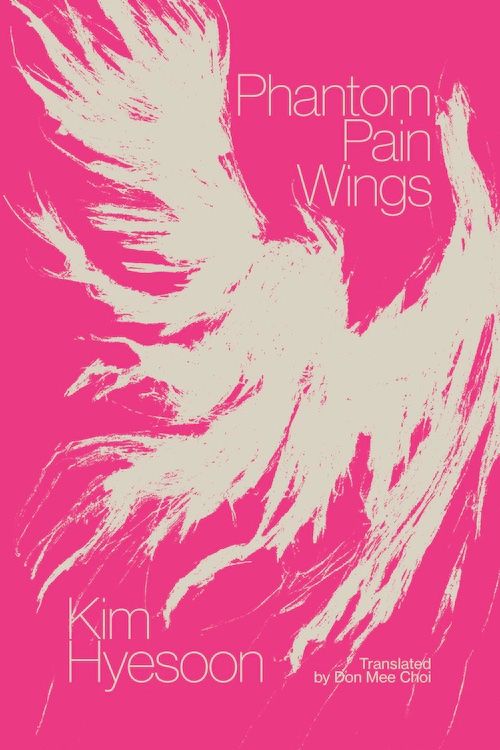
Phantom Pain Wings by Kim Hyesoon, translated by Don Mee Choi
When I first wrote about Autobiography of Death by Kim Hyesoon and translated by Don Mee Choi, I said that it felt like one of the most important books I’ve ever read. I still feel that way, and my estimation of this author and translator continues to grow with this new collection that also grapples with death, memory, and trauma but is even more deeply personal. Kim Hyesoon writes, “I came to write Phantom Pain Wings after Daddy passed away. I called out for birds endlessly. I wanted to become a translator of bird language.” Like its predecessor, one of the best parts of this collection is watching Hyesoon and Don Mee Choi’s fiercely intelligent minds at work, and I’m grateful for the inclusion of Hyesoon’s profound essay “Bird Rider” and Don Mee Choi’s translator’s diary. (New Directions, May 2)
And don’t miss This Is Not Miami by Fernanda Melchor, translated by Sophie Hughes (New Directions, April 4)
In Vitro: On Longing and Transformation by Isabel Zapata, translated by Robin Myers
In Vitro overwhelmed me on my first reading. It is a stunning meditation on in vitro fertilization and all that the procedure and many other fertility treatments encompass — bodies, science, humanity, patience, grief, and so much more. The book feels like both an essay and a diary and each entry is crushingly intimate and honest. It’s a realness that I crave when I read books on pregnancy and motherhood, and I found myself enthralled by the brevity and intensity of the writing and the white space on each page that speaks to longing and possibility. I was deeply moved by Robin Myers’s translator’s note where she writes that she felt “raw and porous” as she translated the text, “it wasn’t so much that I identified with the stories it tells as I felt instantly exposed to them, vulnerable to what they might stir up in me.” (Coffee House, May 9)
Cold Nights of Childhood by Tezer Özlü, translated by Maureen Freely
When I first picked up Cold Nights of Childhood I was immediately struck by a line in the author’s bio, “Tezer Özlü claimed her place in Turkish letters by breaking every rule imposed on her.” She is now one of Turkey’s most beloved writers and has inspired a new generation of feminist writers, as is beautifully described in Aysegül Savas’s introduction to the book. Originally published in 1980, Cold Nights of Childhood is the first of Özlü’s books to be translated into English, and it couldn’t be in better hands than those of renowned translator Maureen Freely. The novel moves deftly between time and place, interior and exterior, as the narrator, loosely based on Özlü herself, describes her childhood in 1950s Istanbul and her young adulthood, drifting between European cities, lovers, and mental institutions. “The line between health and illness is so very thin…” declares the narrator, and yet she fights to stay above the oncoming waves. I found myself savoring each sentence in this stunning and intricate book. It is a revelation. (Transit Books, May 2)
And don’t miss The Birthday Party by Laurent Mauvignier, translated by Daniel Levin Becker (Transit Books, February 7)
The Blue Light by Hussein Barghouthi, translated by Fady Joudah
Hussein Barghouthi was a Palestinian poet, essayist, critic, playwright, and philosopher. I first came to his work through his memoir Among the Almond Trees, translated by Ibrahim Muhawi, where he writes strikingly about life and death, home and nature, as his cancer progresses. The Blue Light is considered to be his masterpiece and best-known work, a cult classic I’ve heard it called, and I was eager to read more. Translated by the acclaimed Palestinian American poet, translator, and physician Fady Joudah, The Blue Light combines biographical and fictional elements and is based on Barghouthi’s years living in Seattle as he earned his PhD before returning to Palestine. It is a novel on the edge of madness, as Barghouthi circles ideas of displacement, memory, and language. There’s so much to return to and gather in the depths of this novel. (Seagull, March 6)
And don’t miss Decapitated Poetry by Ko-hua Chen, translated by Wen-Chi Li and Colin Bramwell (Seagull, April 25)
Our Share of Night by Mariana Enriquez, translated by Megan McDowell
I’m a longtime admirer of Mariana Enriquez’s macabre short stories set in contemporary Argentina. So it is thrilling to see her first novel published in English, translated by award-winning translator Megan McDowell. The novel begins on the road, following a young father, Juan, and his son Gaspar as they travel to visit the home of the boy’s mother, who has just died in a tragic — and mysterious — accident. We discover that Juan is a medium, desperate to protect Gaspar from his wife’s family, a cult known as the Order with a dark secret. This father and son’s bond is at the heart of the novel, and it’s one of the most poignant elements for me. I’ve always loved Enriquez’s characters. They haunt you even in her short stories, and so to have pages to sink into Enriquez’s intimate understanding of her characters was a gift. But the novel is also a powerful reckoning with violence, power, and trauma, specifically in Argentina’s history but beyond it too. This book has been widely called a masterpiece and it is indeed an immense achievement, one that is sure to reverberate in the literary world. (Hogarth, February 7)
And don’t miss Greek Lessons by Han Kang, translated by Deborah Smith and Emily Yae Won (Hogarth, April 18)
Look at the Lights, My Love by Annie Ernaux, translated by Alison L. Strayer
Annie Ernaux was awarded the 2022 Nobel Prize in literature for “the courage and clinical acuity with which she uncovers the roots, estrangements, and collective restraints of personal memory.” Ernaux is the author of over 30 works of fiction and memoir and is considered by many to be one of France’s most important literary voices. I love her work generally, but what I didn’t know I needed was this work of nonfiction where she examines the big-box superstore. Ernaux, as always, is endlessly brilliant and incisive as she thinks through ideas of class, consumer culture, working women, and more. Part of the The Margellos World Republic of Letters series that I could not recommend more highly for anyone looking to read more international literature. (Yale University Press, April 4)
And don’t miss Tales of Tangier: The Complete Short Stories by Mohamed Choukri, translated by Jonas Elbousty (Yale University Press, May 16)
No Edges: Swahili Stories by Lusajo Mwaikenda Israel, Fatma Shafii & Others, translated by Hassan Kassim, Richard Prins & Others
I’ve loved the Calico series from Two Lines Press since its inception. The series presents vanguard works of translated literature in vibrant, strikingly designed editions. Each year, they publish two new titles in the Calico series and each is as good, if not better, than the next. Ranging from speculative Chinese fiction to Arabic poetry and more, each book in the series is built around a theme and captures a unique moment in international literature. No Edges is the first collection of Swahili fiction, Africa’s most widely spoken language, in English translation and introduces readers to eight writers from Tanzania and Kenya. “Swahili is the future,” the collection declares, and moments of everyday life in East Africa are mixed with stories of spaceships and sorcerers. There is a pulsing life to this collection. (Two Lines, April 11)
As always, you can find a full list of new releases in the magical New Release Index, carefully curated by your favorite Book Riot editors, organized by genre and release date.
And for some incredible new releases in translation from last year, check out this list of Fall 2022 New Releases In Translation.


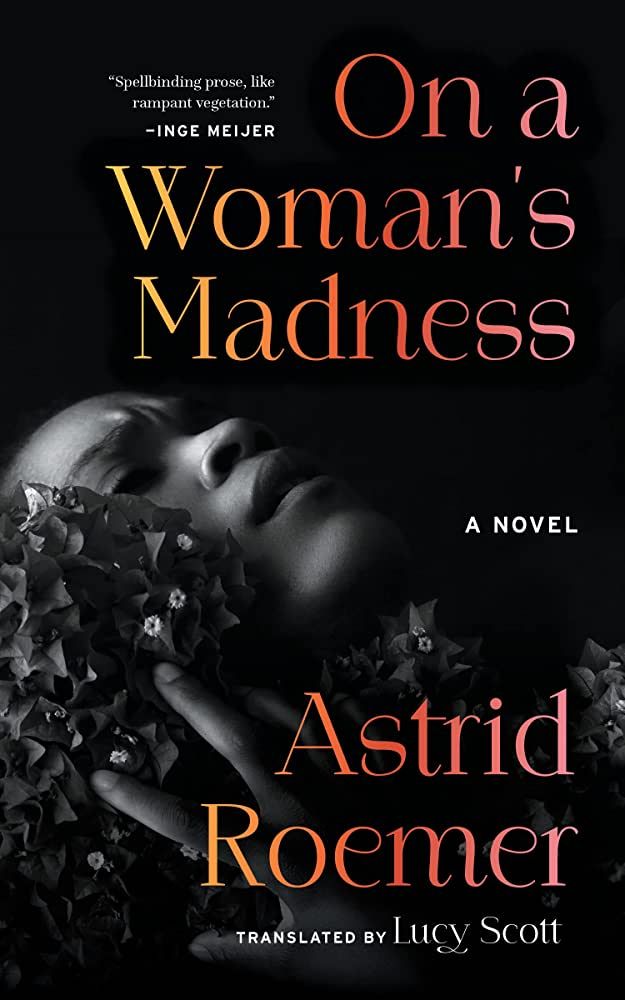
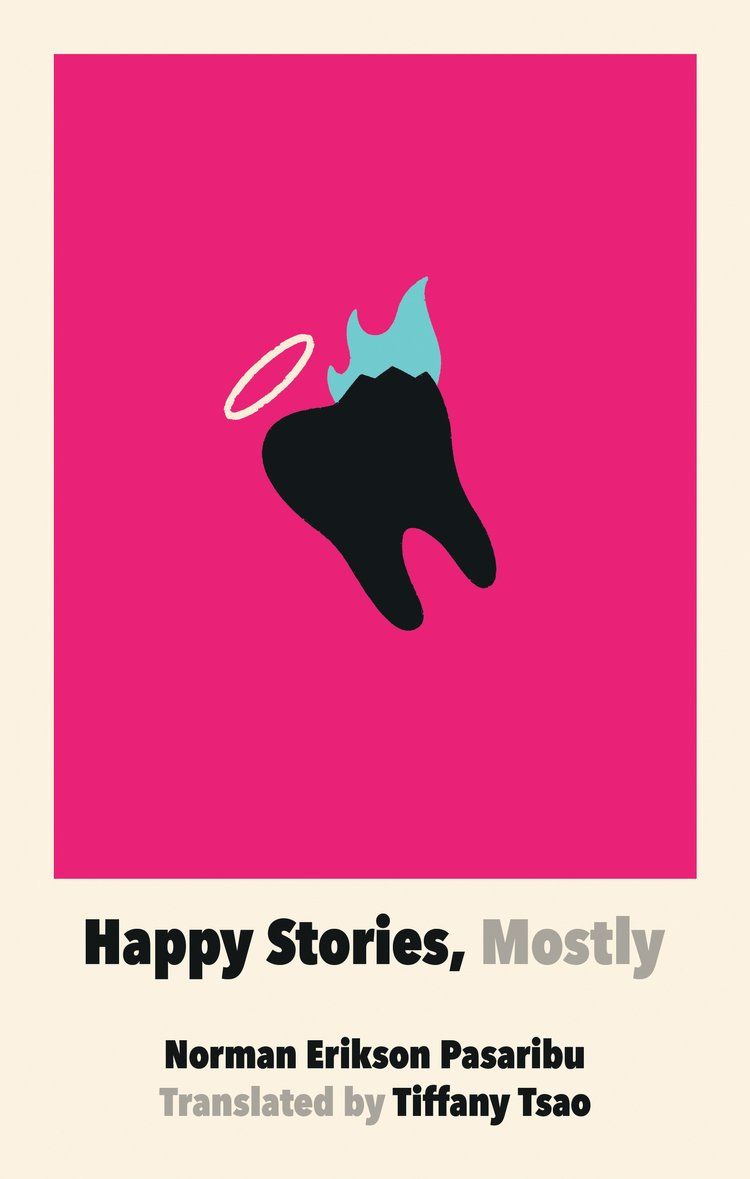
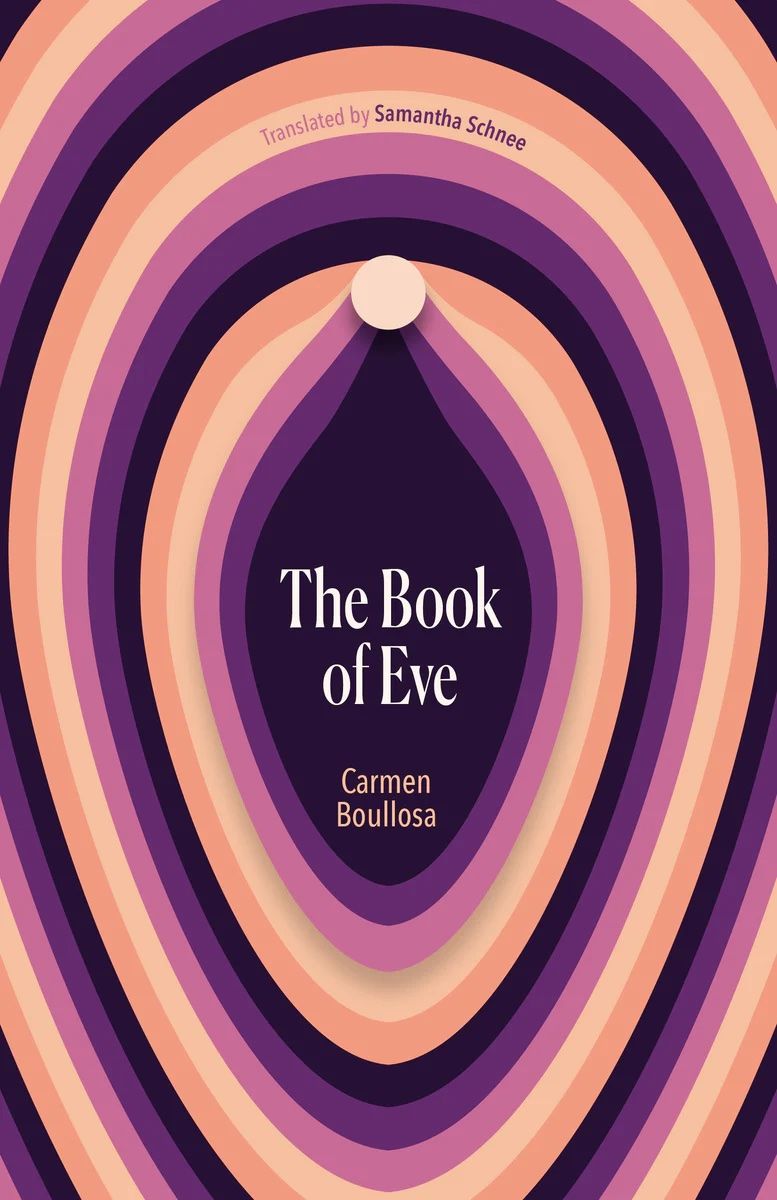
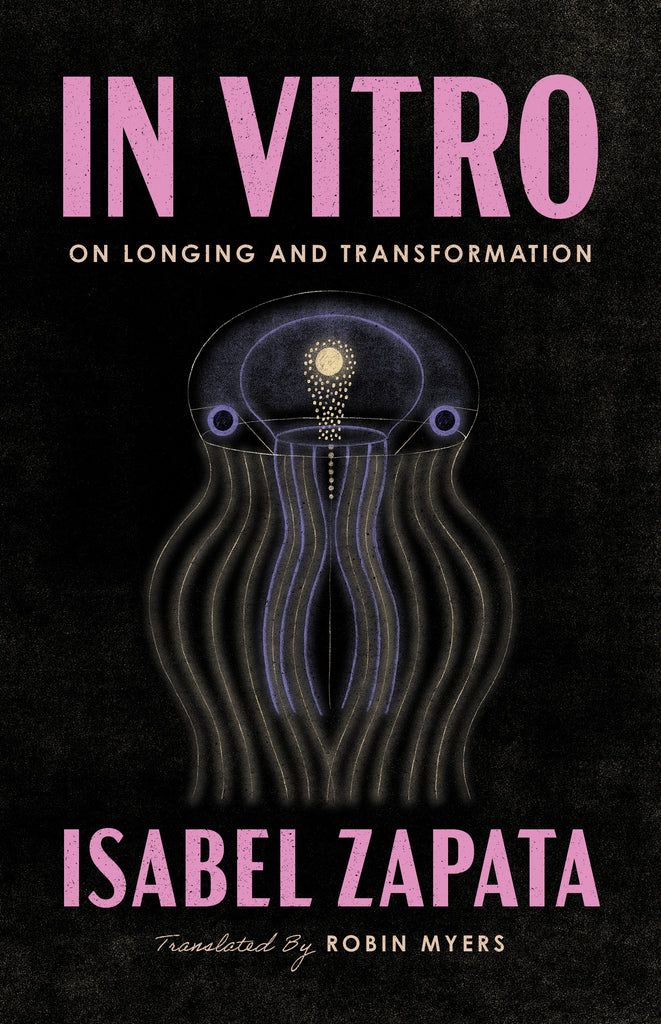
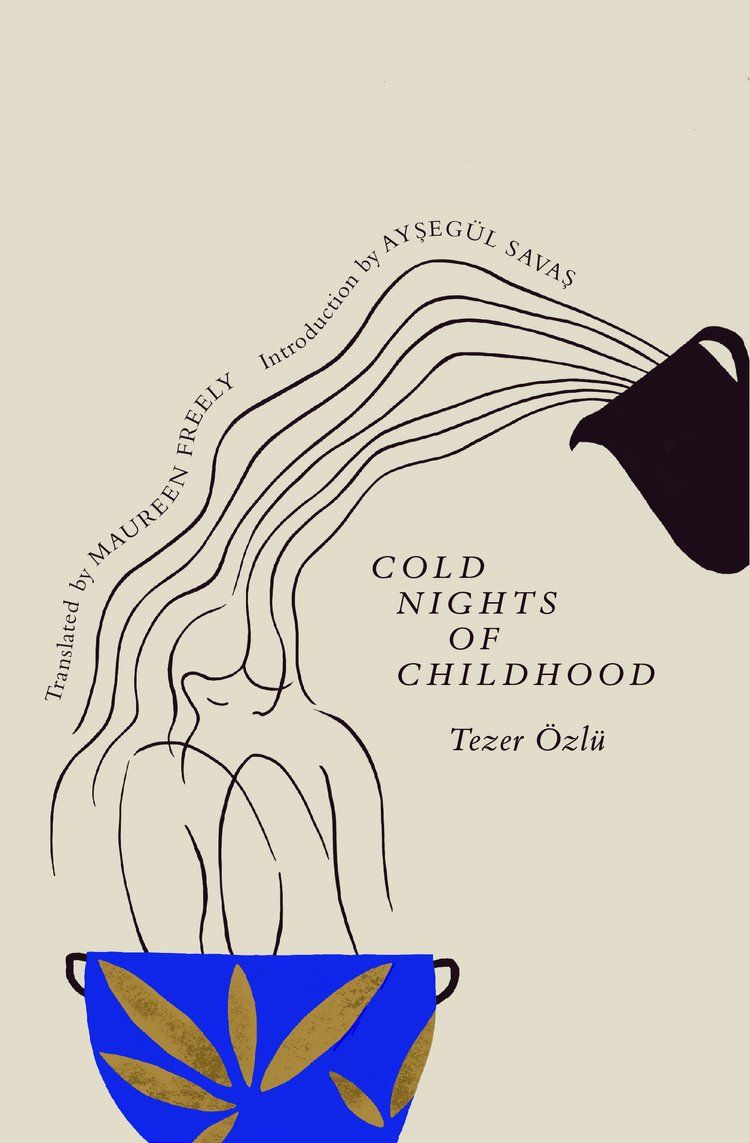
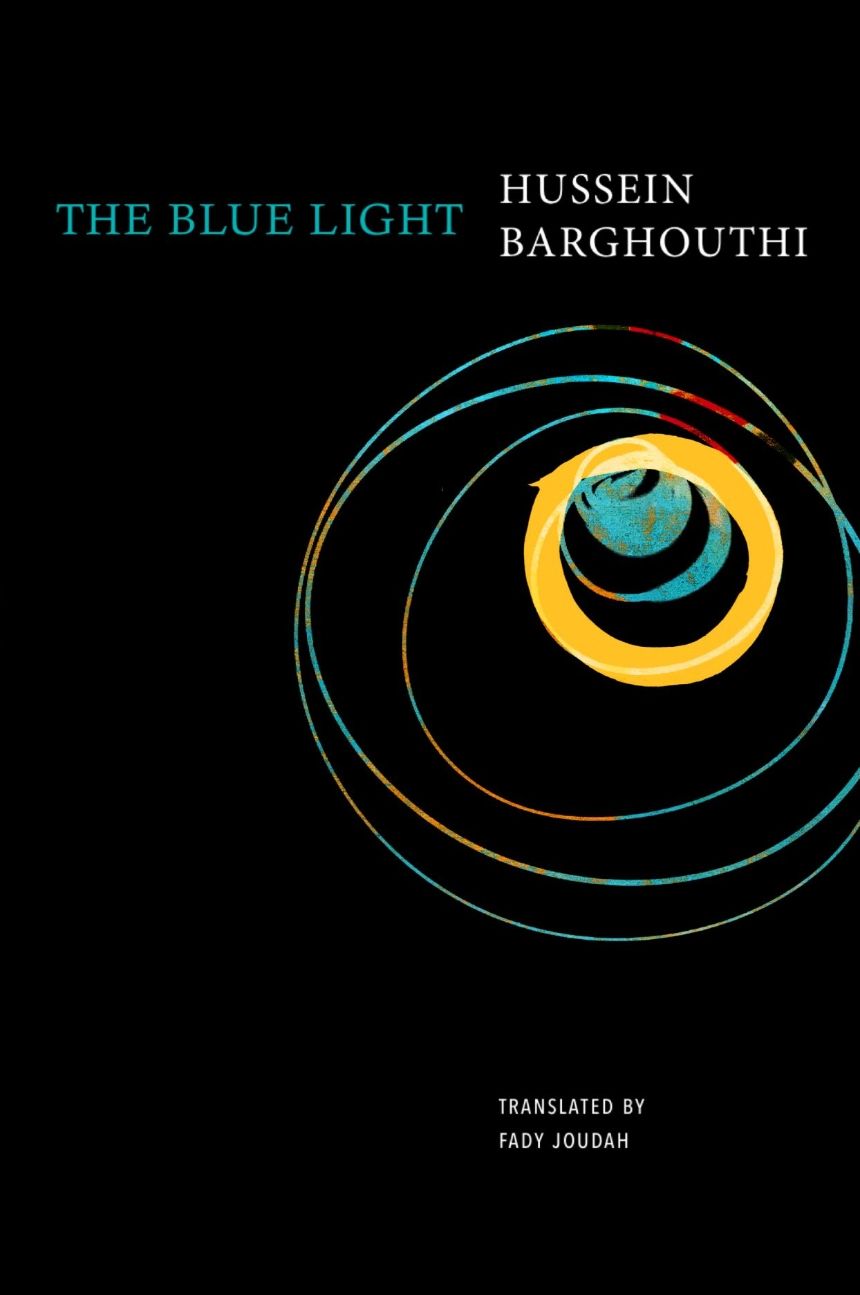
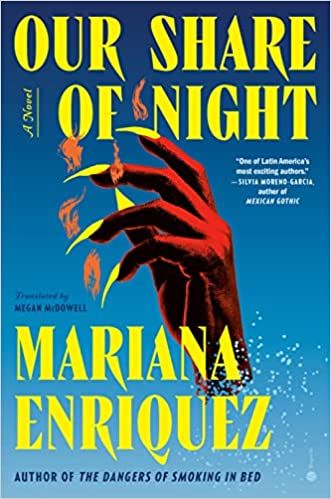
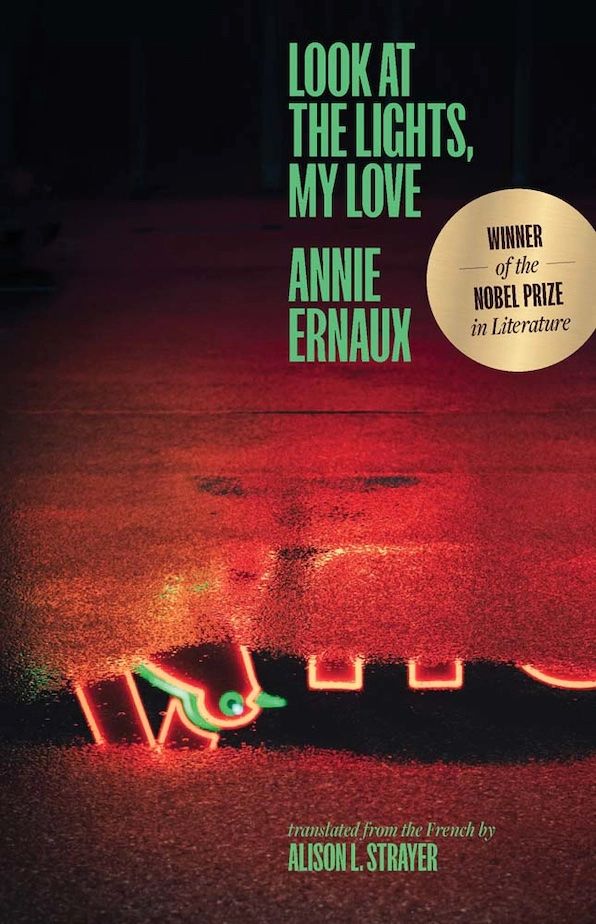
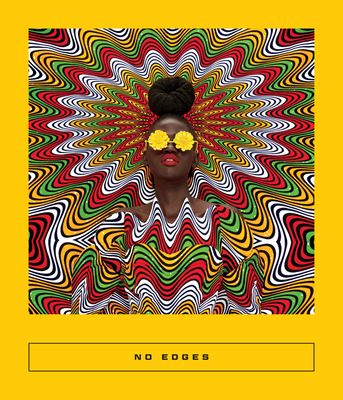

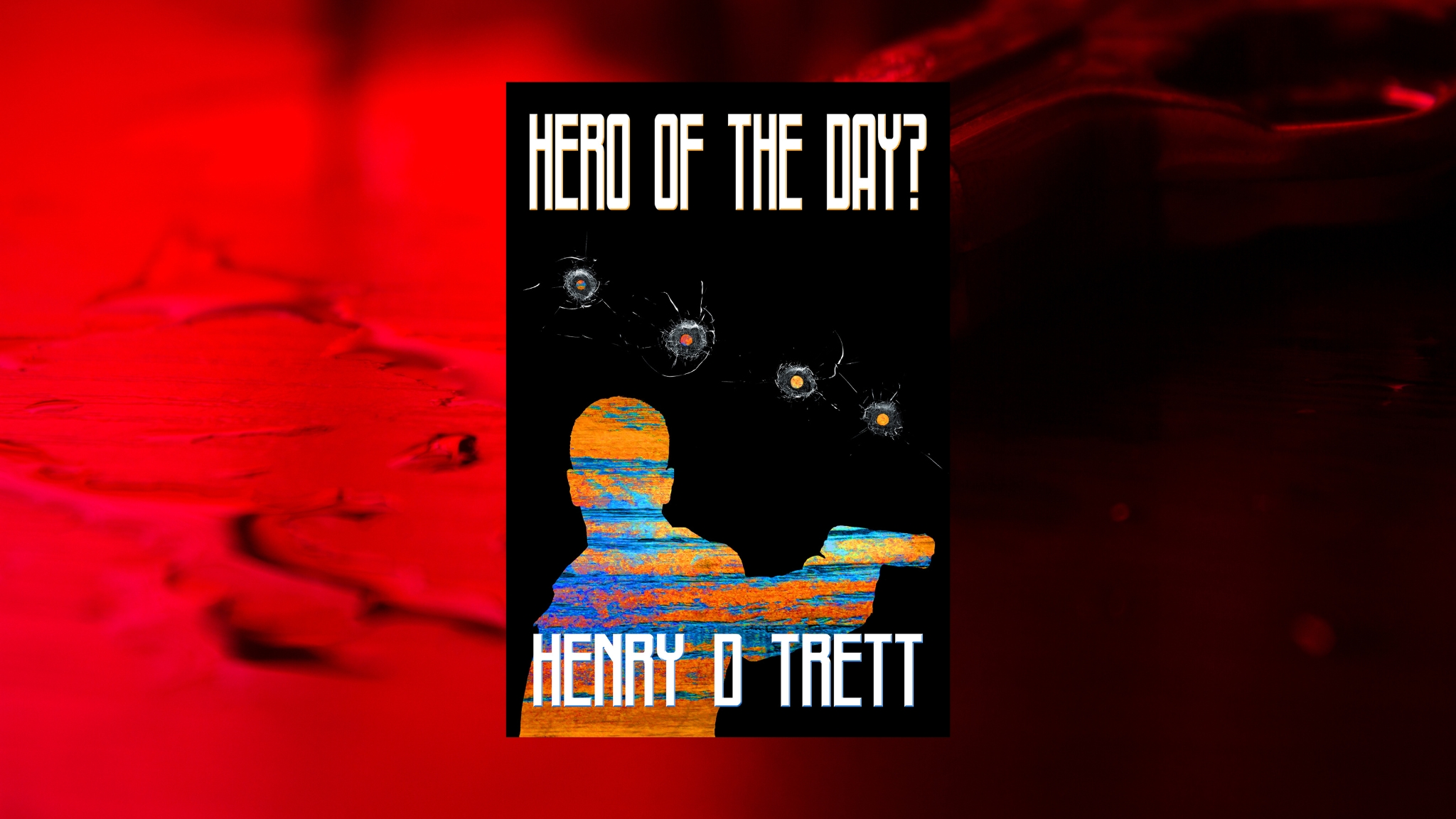


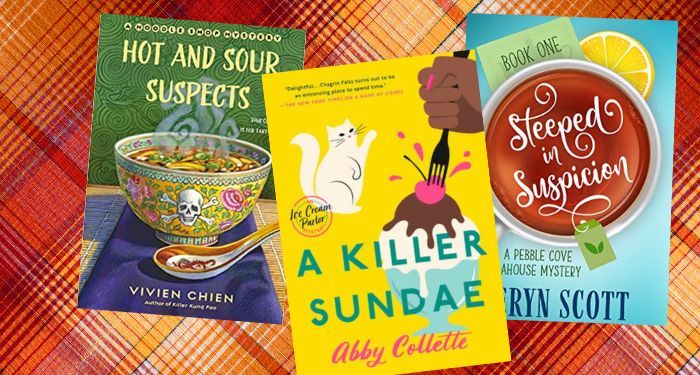

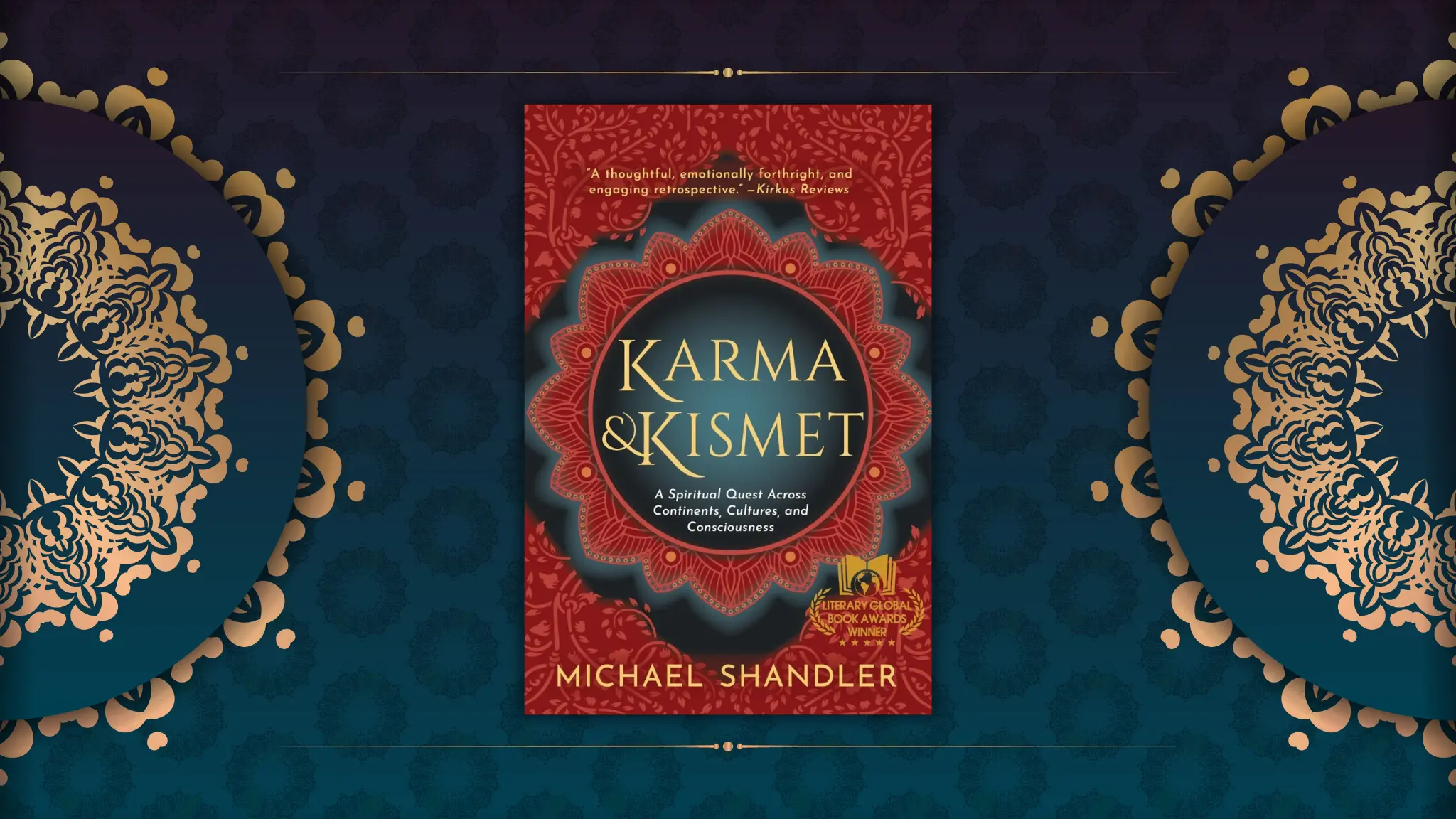














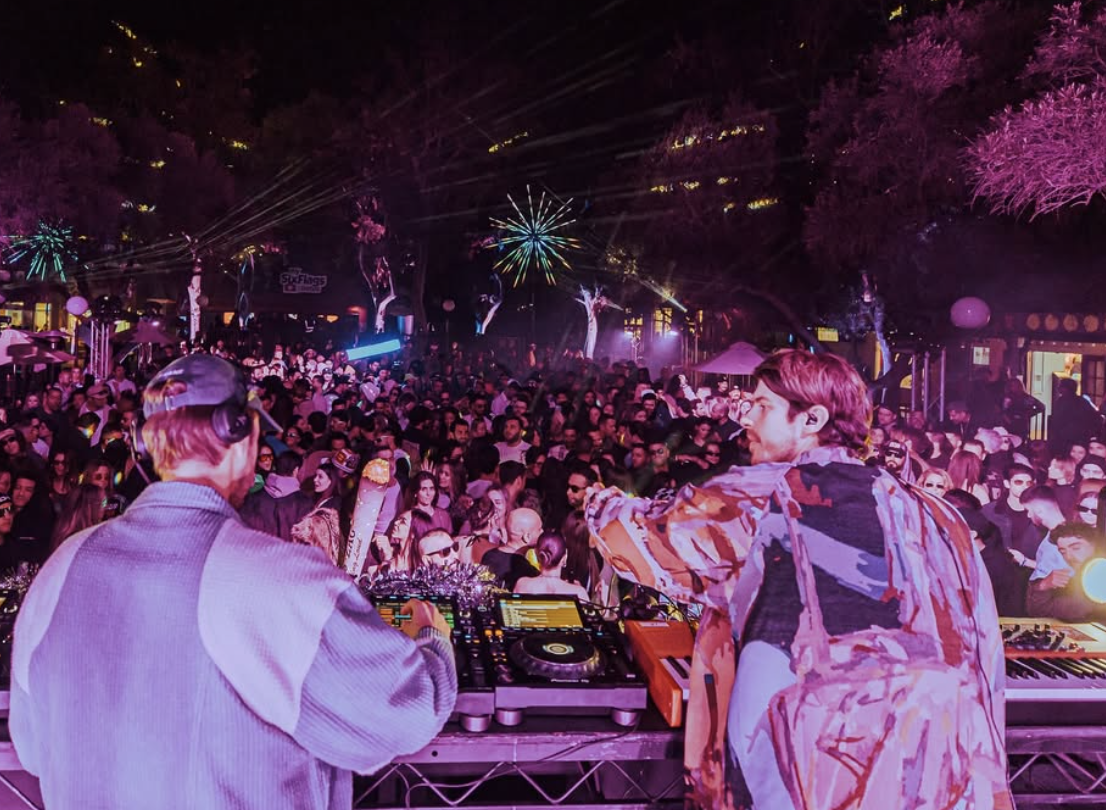

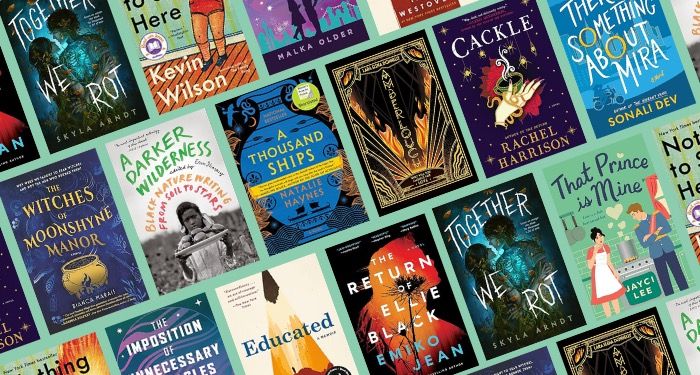
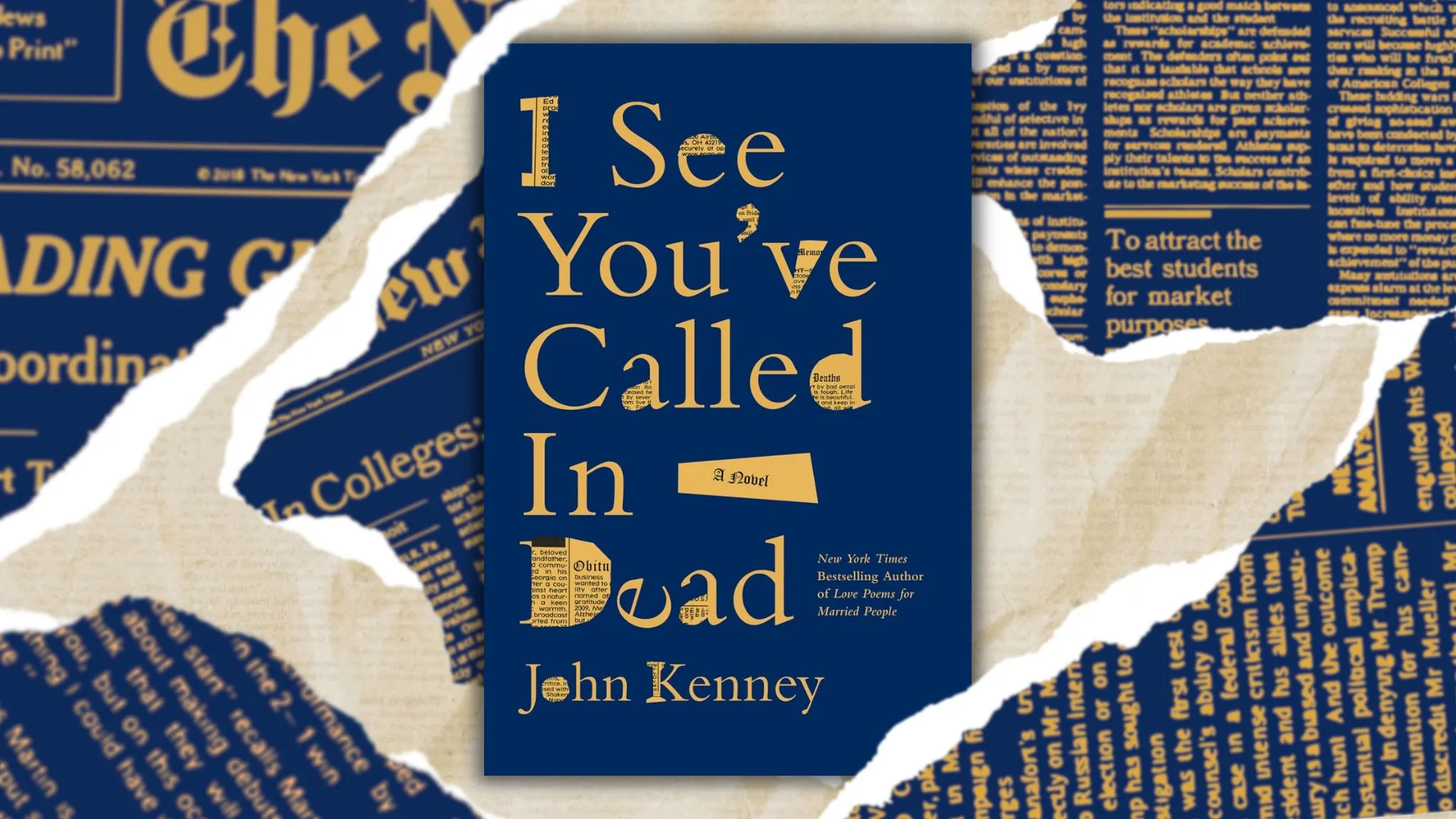
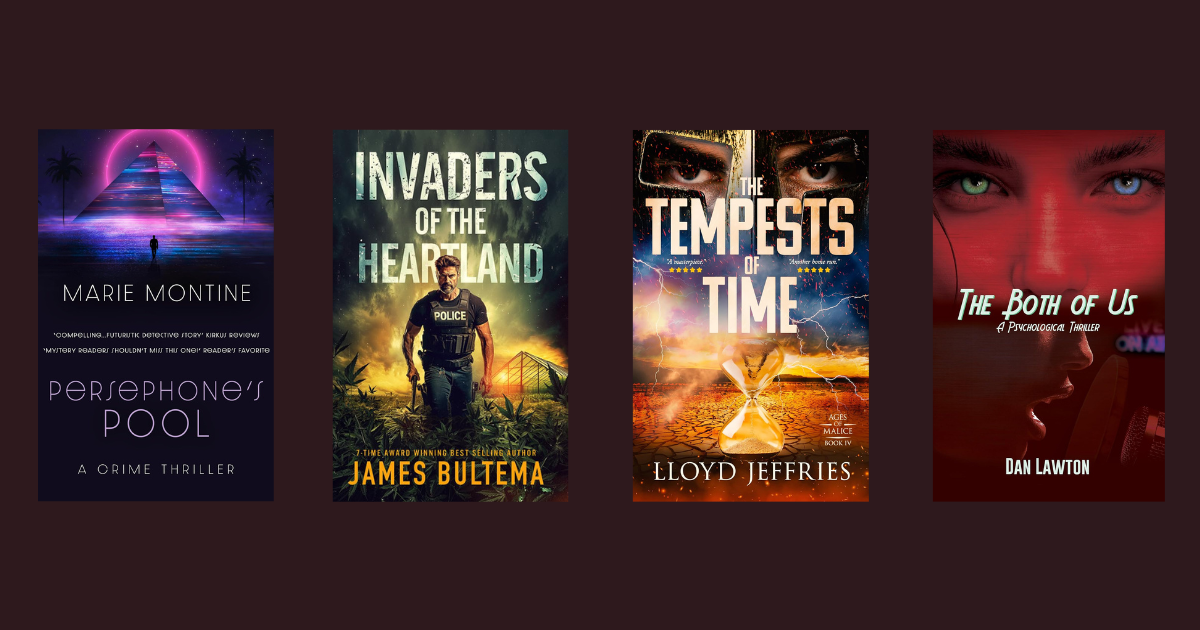
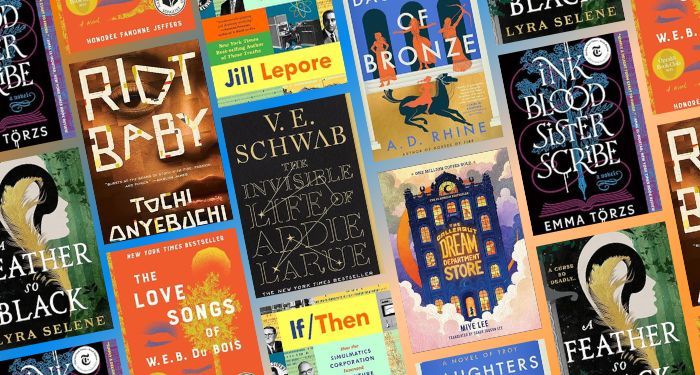

:quality(85):upscale()/2025/05/06/835/n/1922564/8e601b95681a5cf04194c6.14070357_.png)

:quality(85):upscale()/2025/05/05/100/n/1922564/33582ae7681964cb0d40c8.72464171_.png)
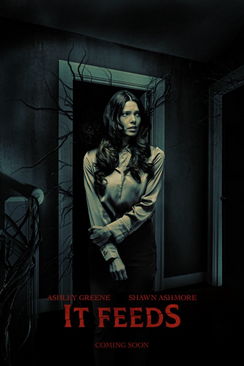


![ABYSMAL RITES – “Restoring The Primordial Order” [Heavy Sludge] ABYSMAL RITES – “Restoring The Primordial Order” [Heavy Sludge]](https://horrornews.net/wp-content/uploads/2025/04/WHD581-600x330.jpg)